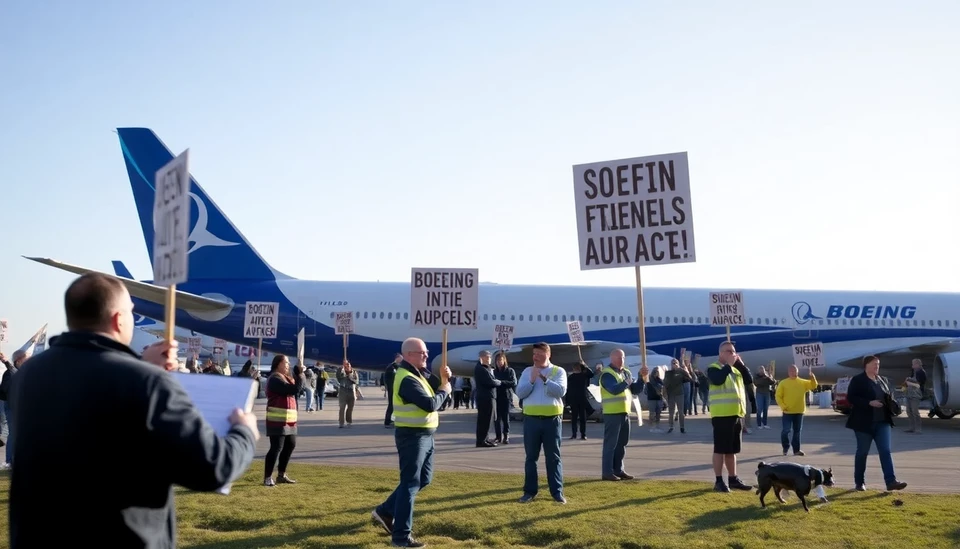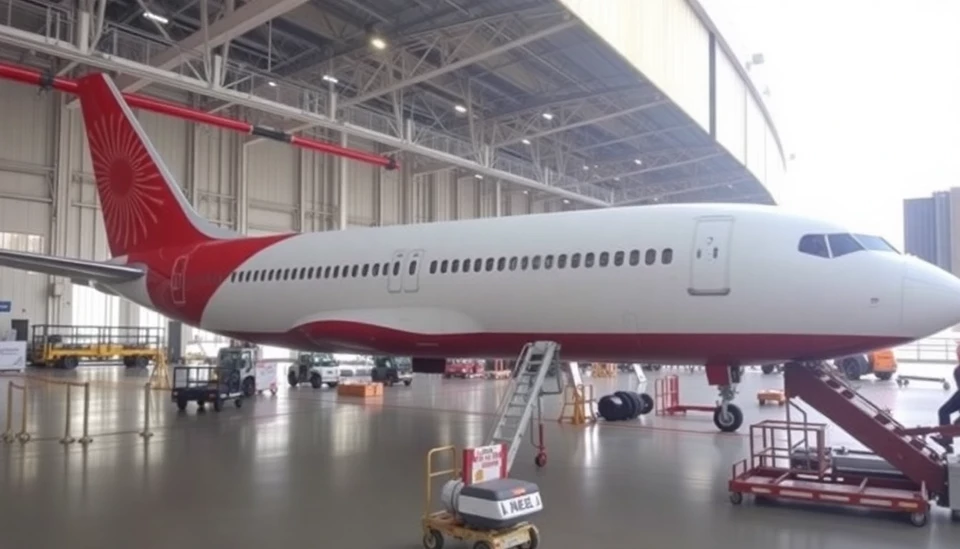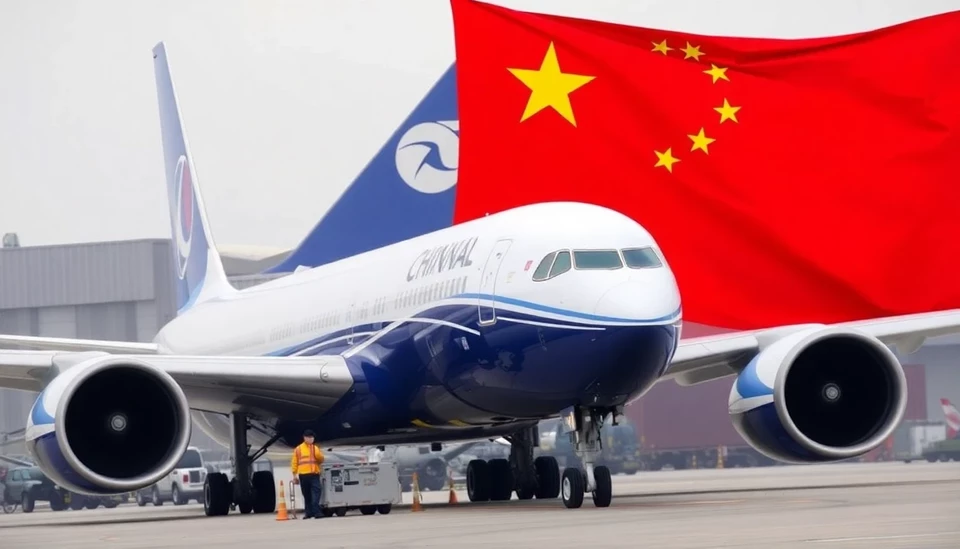
In a significant setback for Boeing, a recent offer aimed at resolving ongoing labor disputes has been decisively rejected by the union workforce. This development comes as the strike, which has lingered for weeks, shows no signs of abating. The rejection of the company's latest proposal has heightened tensions between employees and management, complicating efforts to bring an end to the industrial action.
The International Association of Machinists and Aerospace Workers, representing the disgruntled employees, conducted a vote that resulted in a substantial majority opting against the offer. Union leaders had hoped that this proposal would address some of the key grievances heard during the strike, which centers primarily around wage increases and working conditions. However, workers expressed dissatisfaction, citing that the terms did not adequately reflect their needs or the realities of current inflationary pressures.
Boeing's latest offer included wage hikes and revised benefit structures, but union representatives argued that it fell short of what was necessary to ensure fair compensation for the skilled labor that employees provide. This rejection marks a pivotal moment in the negotiations, as it forces both parties back to the drawing board amidst growing unrest among workers who feel their vital contributions are undervalued.
The strike has already had a ripple effect on Boeing’s production lines, leading to reduced output and mounting delays in aircraft deliveries. As a major player in the aerospace industry, the repercussions of the ongoing labor dispute not only impact the company’s revenues but also pose challenges for supply chain partners and customers awaiting new aircraft. Analysts predict that if negotiations do not yield a satisfactory resolution soon, the situation could escalate further, potentially leading to larger impacts on the aviation sector.
Union leadership is reportedly preparing to escalate their tactics if Boeing fails to present a more acceptable offer in the near future. Solidarity among the workers remains strong, and calls for more robust action are gaining momentum within the ranks. The union has indicated its willingness to continue striking until a deal that reflects their demands is reached, thereby underscoring their resolve to fight for better conditions.
Boeing, on their part, has expressed disappointment over the vote outcome but has reiterated its commitment to negotiating in good faith. The company understands the stakes involved and is weighing its options to re-engage with the union representatives for further discussions. Given the backdrop of a competitive labor market and rising economic pressures, Boeing faces an uphill battle as it seeks to reconcile its operational imperatives with the demands of its workforce.
As the situation unfolds, industry watchers are keenly observing how this conflict may influence labor relations in not just the aerospace sector but across various industries facing similar tensions. With workers increasingly vocal about their rights and needs, the ongoing strike at Boeing could signal a broader trend in labor activism that may reshape the landscape of employment in the coming years.
In conclusion, as Boeing and the striking workers continue their standoff, the urgency for a resolution becomes increasingly critical. The ramifications of this dispute are poised to echo across the broader aviation market, and all eyes will be on how both sides navigate this challenging period.
#Boeing #LaborStrike #Aerospace #UnionNegotiations #WorkerRights #Machinists #Strike2023
Author: Samuel Brooks




